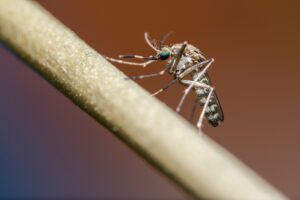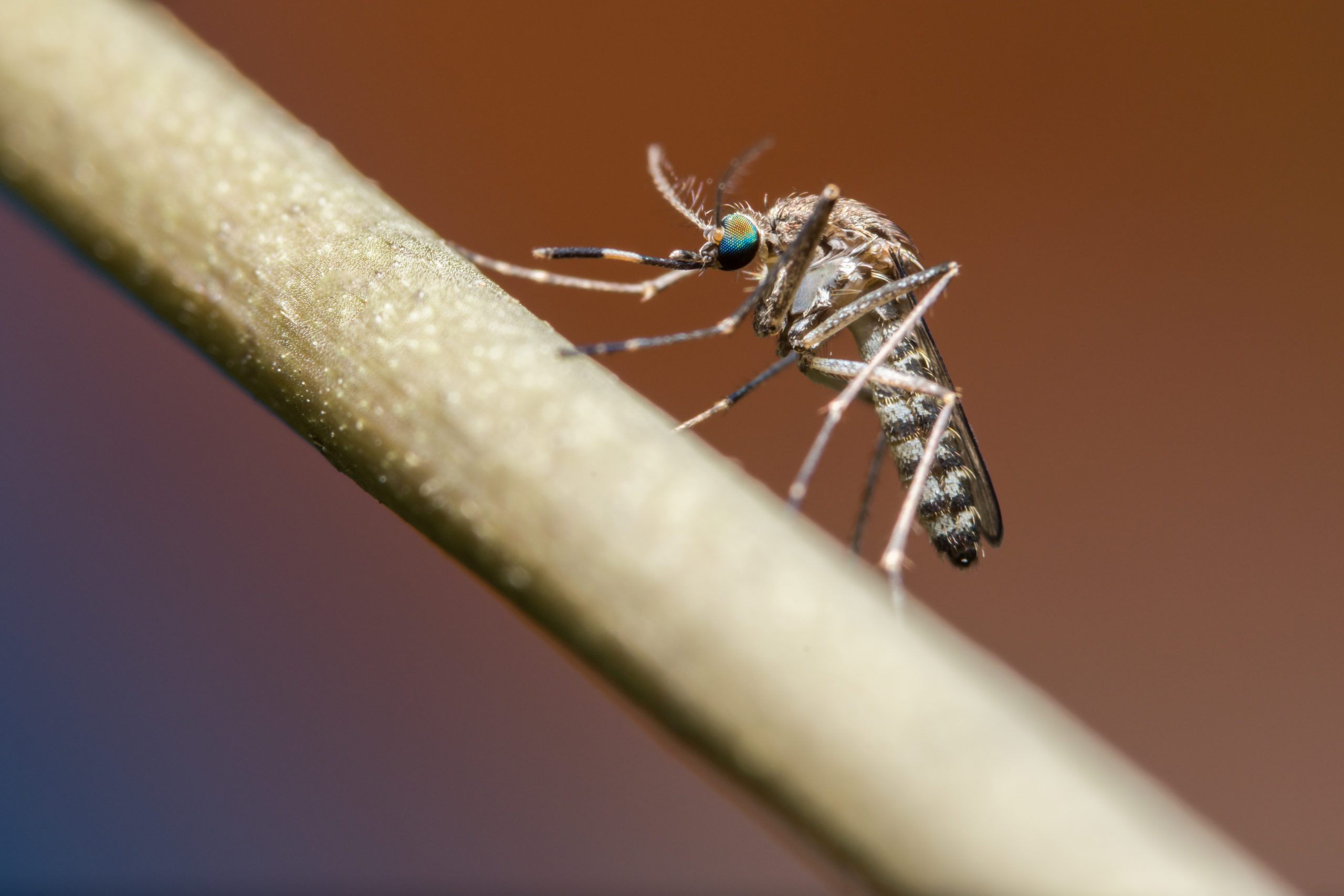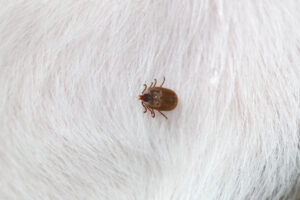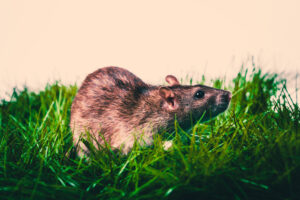 One of the many things residents of Georgia love is the milder winters. While the rest of the country can have freezing temperatures for many days at a time, Georgia experiences warmer winters because of its climate. While this is great for many other things, it’s not always so great when it comes to bugs. The freezing temperatures will kill off many pests like mosquitoes, but here in Georgia, temperatures rarely drop below the 50 degrees required to either put mosquitoes into hibernation or kill them off. Therefore, the trade-off for warmer temperatures is the presence of mosquitoes year-round.
One of the many things residents of Georgia love is the milder winters. While the rest of the country can have freezing temperatures for many days at a time, Georgia experiences warmer winters because of its climate. While this is great for many other things, it’s not always so great when it comes to bugs. The freezing temperatures will kill off many pests like mosquitoes, but here in Georgia, temperatures rarely drop below the 50 degrees required to either put mosquitoes into hibernation or kill them off. Therefore, the trade-off for warmer temperatures is the presence of mosquitoes year-round.
About Mosquitoes and Cold
In the US, there are over 200 species of mosquitoes, but in Georgia, residents will see three main types of mosquitoes, the Aedes, the Culex, and the Anopheles.
Unfortunately, no matter what type of mosquito it is, it will still carry diseases such as malaria, yellow fever, or West Nile virus. In temperatures that are below 50 degrees, mosquitoes may do something called overwintering, which is a form of hibernation. Mosquitoes will hibernate anywhere, such as in animal burrows, leaf debris, or along frozen water. Even when water freezes, mosquito eggs can still hatch when warmer temperatures return. So while it may seem like mosquitoes die off and are gone for good, that isn’t always the case.
Prevent Mosquitoes, Even in Winter
Because temperatures in Georgia rarely get below 50 degrees, mosquito activity may slow down but will not cease altogether. So if you think about sitting on your back patio during the milder winter weather mosquito free, you may be sorely disappointed. While not as numerous as in summer months, they are still around. With winter mosquito prevention, you can eliminate those bothersome mosquitoes during wintertime as well as other times during the year.
Methods of Mosquito Prevention
There are some things you, as a homeowner, can do to prevent mosquitoes from becoming a big problem at any time of the year. For instance, water is attractive to mosquitoes. Therefore, it is important to periodically remove or clean up any standing water. If you have a water feature in the year, it should be drained to prevent mosquitoes from laying eggs in the water. A mosquito only requires a small amount of water, as much as a teaspoon, to deposit her eggs. In addition to removing standing water, there are lights that can be installed that are designed to repel mosquitoes. Fans are also a mosquito deterrent. So, if you have a back patio and you can install a fan and specific yellow lights, that can go a long way in mosquito prevention.
Professional Pest Services
One of the best ways to ensure that mosquitoes stay away for good all year round is to rely on the experts. Pest control services can protect your home from pests of all varieties, from mosquitoes and mice to cockroaches and everything in between. To have your yard inspected and treated for bugs, contact PestForce professional exterminators. We guarantee your satisfaction with our services so that you can enjoy a mosquito-free yard any time of year.
Frequently Asked Questions About Mosquitoes
How Do Mosquitoes Find You?
Mosquitoes are attracted to the carbon dioxide that humans or animals emit. They also use their vision to pick up on body heat, odor, or perspiration to find their next host. Mosquitoes are also known to be attracted to dark colors. So, the darker-colored clothing you wear, the more likely they are to find you.
When Do Mosquitoes Die?
Male mosquitoes will generally only live 6 or 7 days, and they feed mostly on the nectar of plants. Females, however, can live up to 5 months, although the average female life span is about six weeks, and they will take a blood meal whenever possible.
Why Do Mosquitoes Need Blood?
Only female mosquitoes will need a blood meal. This is because a blood meal is required to produce eggs. When full, the female mosquito will filter the red blood cells and eliminate the water for nutritious meals with a large protein content.



